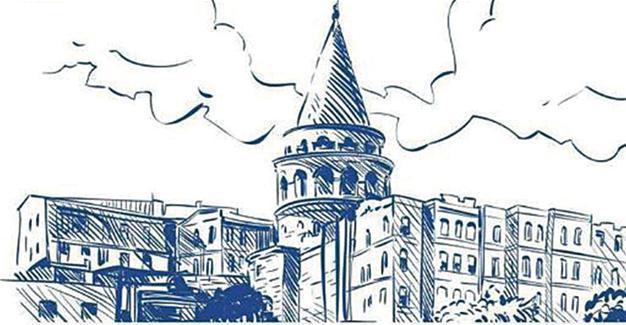Bibliopera project comes to life
ISTANBUL
 A partnership project featuring nine international research centers located in Istanbul’s Beyoğlu district has been launched.
A partnership project featuring nine international research centers located in Istanbul’s Beyoğlu district has been launched. “We took the initiative for the project in 2014. It aims to enable people to search for the sources of libraries in this region on a common platform,” Koç University Library Director Tuba Akbaytürk said, noting that the project had been under consideration since the 1980s.
She said financial support of 500,000 Turkish Liras had been provided by the Istanbul Development Agency.
“This removed the financial handicap for the project and then we persuaded our partners to take part in this project. We started with seven institutions at first and now it is nine,” she said.
Akbaytürk noted that all the participant institutions were in Beyoğlu. “Technically, our platform brings together the printed resources of nine libraries using web technologies. The digital content of some libraries will also be carried to this platform in the near future. We don’t want to limit this portal only to library resources. We want the news, new publications, exhibitions and events of these institutions to be followed on this portal, too.”
She said Bibliopera was open to everyone including students, researchers or ordinary citizens.
“It will be accessible from abroad, too. It is open to everyone. Everyone who is interested in culture, history of arts, archaeology and the like can make use of this platform. For some additional functions, membership is necessary,” she said.
Within the scope of the project, 500,000 printed publications, which are gathered in a common catalogue, as well as more than 2 million documents and resources, will be open to people on the website bibliopera.org.
Participating institutions include the Koç University Suna Kiraç Library with the partnership of the Istanbul Research Institute, Koç University Research Center for Anatolian Civilizations, SALT Research, Deutsches Archäologisches Institut-Istanbul, Netherlands Institute in Turkey, Institut Français d’Études Anatoliennes, Orient-Institut Istanbul, Swedish Research Institute in Istanbul and Sismanoglio Megaro.
















